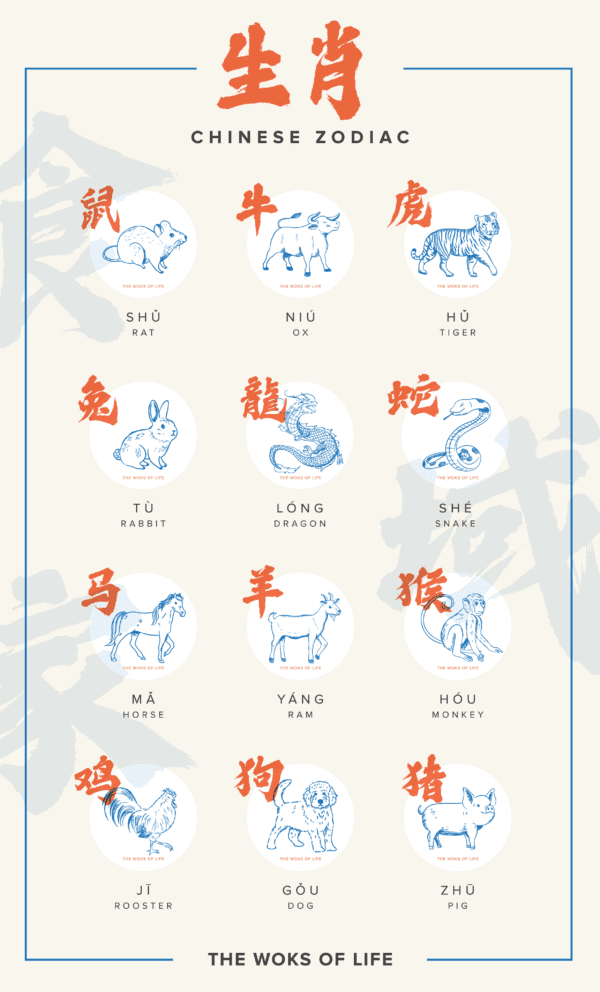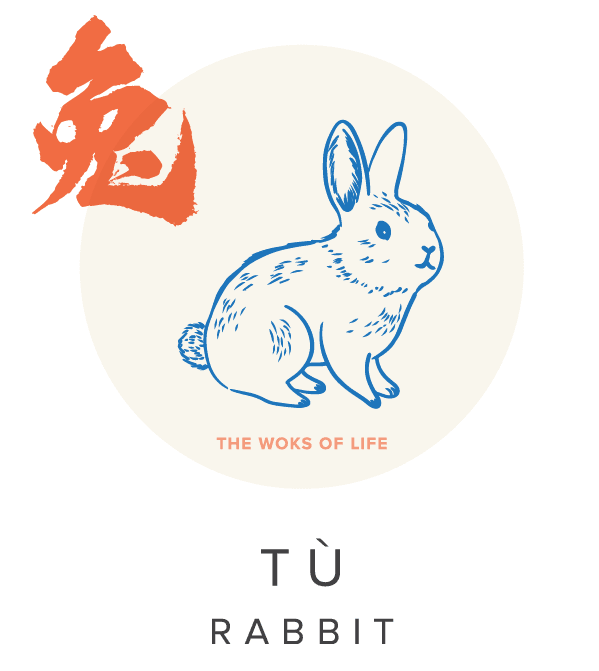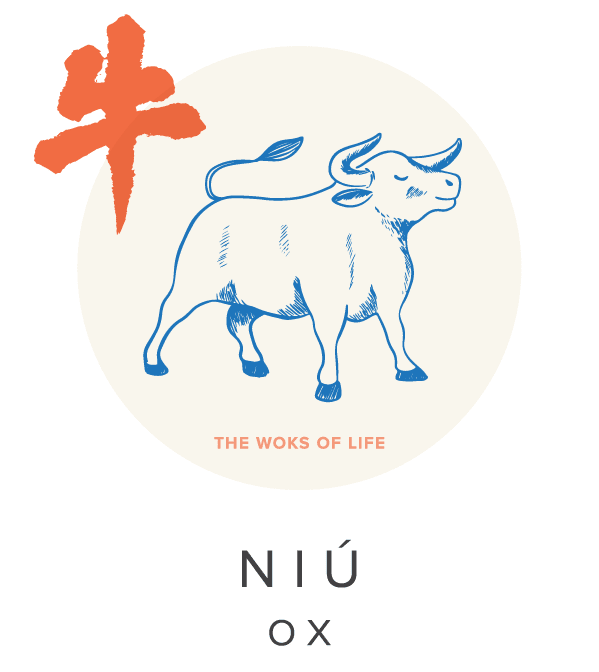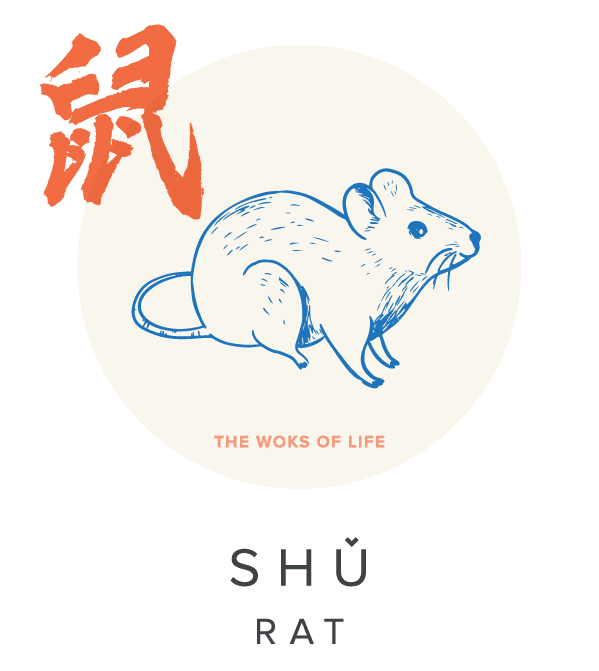Chinese New Year, also known as Lunar New Year (to be more inclusive of other cultures that celebrate the holiday) or Spring Festival (春节 – chūnjié), is just around the corner. This year, Chinese New Year falls on January 22, 2023, beginning the Year of the Rabbit.
To start the year off right, it’s always wise to properly prepare yourself and your family for the Lunar New Year. See our detailed post on Chinese New Year Traditions and review our DOs and DON’Ts to start off the new year right!
As the Chinese New year approaches, remember to brush up on your Chinese New year greetings. You’ll need to know what to say when visiting family and friends!
What is the Chinese zodiac for 2023?
The Chinese Zodiac sign of the rabbit represents patience, peace, and prosperity among the Chinese so hopefully, 2023, the year of the Water Rabbit will be a peaceful and auspicious year for everyone. Water represents money and auspiciousness so this should be a lucky year for those born under the sign of the Rabbit.
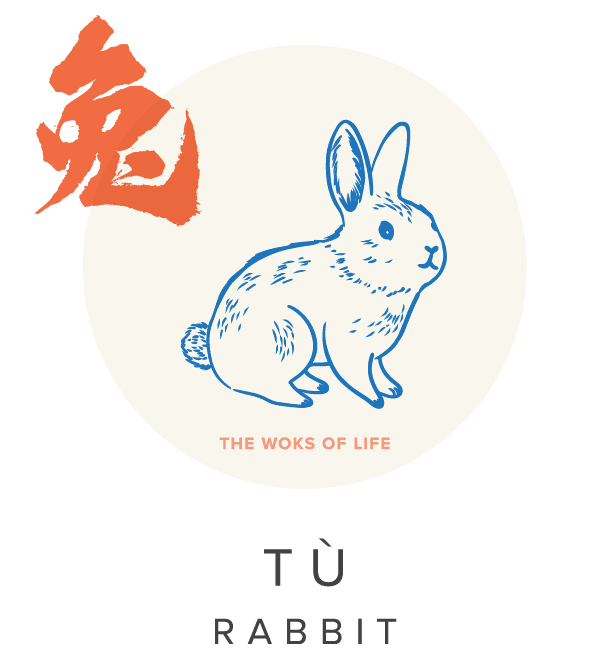
Chinese New year Dates
Chinese New Year dates are dictated by the Chinese lunisolar calendar, so it is celebrated on a different date in January or February each year.
The following table gives you a quick glance at Chinese New Year dates for the next 12 year cycle of the Chinese zodiac. Also, see our post on Chinese Zodiac signs.
Take note that while the dates below mark the start of the new year, the celebration actually begins on New Year’s Eve, the night before, when families gather for a big New Year’s Eve dinner, or nián yèfàn (年夜饭).
| Year | Chinese New Year Date | Chinese Zodiac Sign |
|---|---|---|
| 2021 | February 12 (Friday) | Ox |
| 2022 | February 1 (Tuesday) | Tiger |
| 2023 | January 22 (Sunday) | Rabbit |
| 2024 | February 10 (Saturday) | Dragon |
| 2025 | January 29 (Wednesday) | Snake |
| 2026 | February 17 (Tuesday) | Horse |
| 2027 | February 6 (Saturday) | Goat |
| 2028 | January 26 (Wednesday) | Monkey |
| 2029 | February13 (Tuesday) | Rooster |
| 2030 | February 3 (Sunday) | Dog |
| 2031 | January 23 (Thursday) | Pig |
| 2032 | February 11 (Wednesday) | Rat |
What is Chinese New Year?
The holiday we sometimes call Chinese New Year in English is known as chūnjié in Chinese, or Spring Festival.
The holiday marks the beginning of a new year on the lunisolar Chinese calendar, which means the corresponding date on our regular Gregorian calendars shifts from year to year. Chinese New Year usually falls in late January or early February.
Chinese New Year falls on January 22, 2023, so you should gear up for your New Year’s Eve dinner on the evening of Saturday, January 21, 2023.
This iconic Chinese holiday is characterized by red colors, red envelopes (hóngbāo), fireworks, parades, banquets, and brightly lit lanterns at night.

Start off the Chinese New Year right with a symbolic dish like Money Bag Dumplings. They’re fun to make, delicious, and could bring you good fortune in 2023!
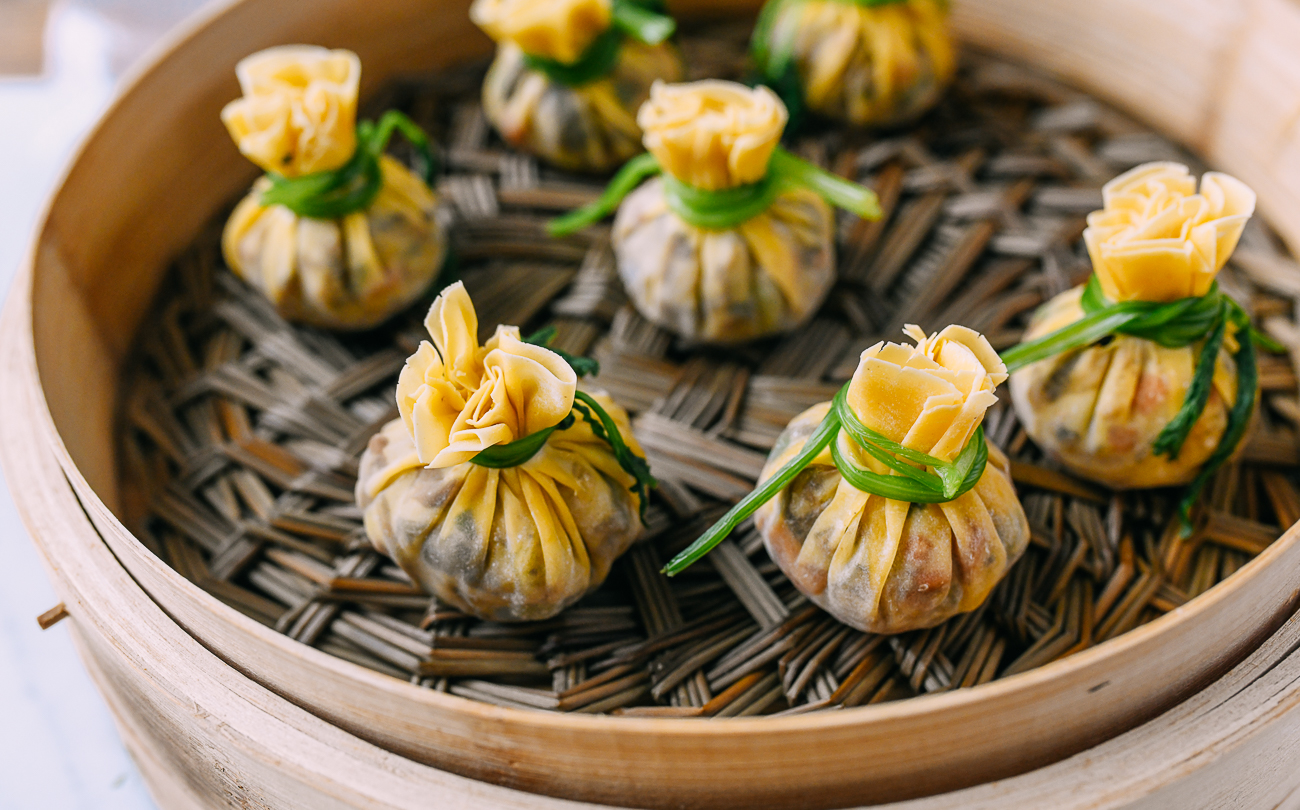
There are similar holidays in other East Asian cultures such as Vietnam, Korea, and Tibet at the same time, though they are culturally unique. Thus, the broader term for this collection of holidays is Lunar New Year.
How Long Does Chinese New Year Last?
In China, it is a more than two-week-long celebration, starting with New Year’s Eve, and ending with the Lantern Festival, known in China as 元宵节 (yuánxiāo jié), on the 15th day of the year.
Officially, it is a 7-day public holiday in China, during which businesses and schools are closed.
Chinese New Year is a time to be home with family, prompting a huge migration of people across China to their home towns and villages.
Eating, drinking, cooking, and catching up on things that happened in the past year are among the activities, including enjoying the important Chinese New Year’s eve meal together with close family.
The days following Chinese New year are all about visiting extended family and friends to exchange more good wishes, red envelopes for children and elders, and of course, enjoying delicious traditional foods together.
When is the year of the rabbit?
2023 will be the Year of the Water Rabbit.
You may know that the Chinese Zodiac consists of twelve animal signs, but each year also includes one of the 5 elements, metal, water, wood, fire, and earth.
Each of those elements has associated meanings. Here they are on a rather simplistic level:
- Wood: creativity, imagination
- Fire: passion, adventure
- Earth: patience, stability
- Metal: persistence, ambition
- Water: agility, eloquence
Learn more about what your sign is on our Chinese Zodiac post.
According to the Chinese zodiac—which features a 12-year cycle with each year represented by a specific animal—Rabbit years include 1939, 1951, 1963, 1975, 1987, 1999, 2011, 2023, and 2035.
(Though technically, if you were born in January or February, you could’ve been born in the prior lunisolar year, the year of the Tiger).
What is the Lantern Festival?
The 15th day Chinese New Year holiday comes to its end with the Yuan Xiao or Lantern Festival (元宵节 / yuán xiāo jié).
The most traditional food of the Lantern Festival is called yuán xiāo, also known as tāngyuán, which is a glutinous rice ball usually filled with sweet bean, peanut or sesame paste.

They also come in smaller sizes without filling, mixed with fruit and jiu niang, a sweet fermented rice (check out Judy’s recipe for an example).
You may also see savory tang yuan, which are often served around the Winter Solstice.
When is the Lantern Festival 2023?
Lantern festival marks the first full moon of the new lunar year and the end of the Chinese New Year (Spring Festival) period and will be celebrated on February 5th in 2023. Eating tang yuan is a must and if you’re close to your local Chinatown, be sure to visit and watch the final dragon and lion dances of the new lunar year and enjoy the fireworks.
Prepare your lighted lanterns ready to hang outside for the night of the festival and if you’re not making your own tang yuan, be sure to buy them early from your local Chinese market or they will be sold out!
We will have much more Chinese New Year content in the coming weeks, so stay tuned!
